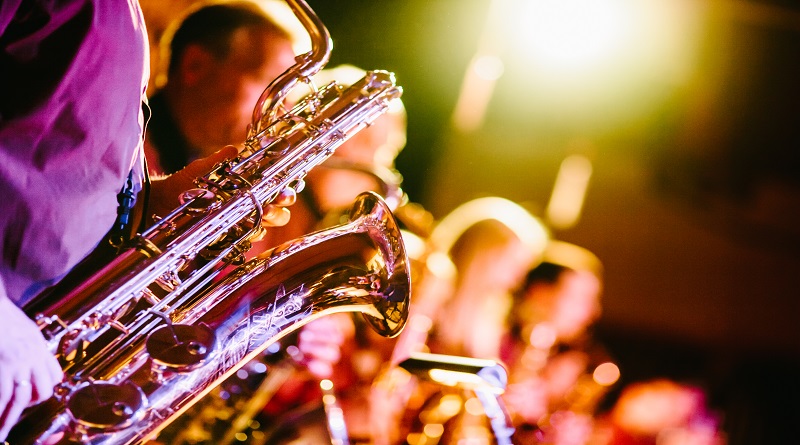Do you have a passion for jazz and contemporary music? Do you want to develop your skills in the area and even pass on your knowledge through education in future? There are plenty of ways in which you can develop the career of your dreams in this area. Have a look at this course and see what you think!
What is Jazz and Contemporary Music Performance?
This course covers a wide range of musical techniques including performance, instrumental technique, improvisation, composition and much more.
What third level courses are available?
Universities and colleges in Ireland are offering courses in the following subject areas:
- Jazz and Contemporary Music Performance – DCU
Related:
- Irish Traditional Music Performance
- Music
- Music and Instrument Technology
- Music and Sound Engineering
- Music Education
Studying Jazz and Contemporary Music Performance in college
This course is a Level 8 course that is 4 year long. It is a course offered uniquely by Dublin City University (DCU) that will allow you to explore a variety of musical techniques such as performances, computer music, aural training, arranging and pedagogical studies, giving the participants the skills necessary to operate in a wide area of contemporary music, not just jazz.
The areas you will cover include Ensemble Studies, Instrumental Studies, Arranging and Composition Studies, Aural and Theoretical Studies and Contextual Studies.
Your first year of any undergraduate course will act as a foundation year. You will become familiar with the basic principles of Drama in relation to performance. You will also become familiar with what is to come throughout your course and develop your skills and interest in different areas.
Core modules you will study in your first year will include Jazz Aural Training, Jazz and Contemporary Harmony, Improv Ensemble, Instrumental/Vocal Lab, Keyboard Skills and Tonal Harmony, Rhythm Studies Music Technology and Jazz History among many others.
Your second year will give you the opportunity to look at more in depth and complex information and build on the foundation you already have following your first year of study. Examples of your core modules in your second year include Music of the African Diaspora, Music Technology, Rhythm Studies, Transcription, Approved Style Ensemble, Jazz and Contemporary Harmony and many more.
Your third year will give you the opportunity to choose from a range of modules of your choice from History of Western Music, Jazz Composition, Approved Style Ensemble and Critical Listening to Performance Ear Training, Harmonic Ear Training and SIgh Sight Singing. You will also have the choice of studying abroad for a year.
You will have a mix of core modules and optional modules in your fourth and final year. The core modules will range from Approved Style Ensemble, Rhythm Studies, Written Analysis Project, Music Business and many more. You will choose from a list of optional modules including Advanced Harmony, Jazz History, Ethos and Philosophy, Irish Traditional Music, Performance: SKills, Strategies and Aesthetics and Uaneen – Contributing Module.
Career Options
There are a number of career options you can have as a result of studying a course such as this one. These include opportunities in education, perfrmaning, producing, composing and more. Examples of jobs in this area are listed below.
There are also opportunities in research and education in colleges and universities around Ireland. You may also continue your study at postgraduate level to specialise in an area of your interest.
Skills and qualities that are important in this area include excellent creativity skills, confident, disciplined, excellent communication skills, the ability to work well with others, organisation skills, time management skills and the ability to work under pressure.A passion and flare for music are also helpful.
Related Jobs
- Music Producer
- Music Teacher
- Professional Performing Musician
- Session Musician
- Arranger
- Composer
- Community Arts Worker
FAQ
Different courses and different colleges will have different entry requirements. It’s always safest to check with the individual higher education institution which is available on their websites. As a general rule. Leaving Cert students should have a minimum of six subjects which should include: Two H5 (Higher Level) grades and Four O6 (Ordinary Level) grades or four H7 (Higher Level) grades. Subjects must include Mathematics, Irish or another language, and English.
Specific courses may have their own requirements.Certain QQI courses may be accepted.
The points required to study Jazz and Contemporary Music Performance in DCU were 419 points last year.
Where can I study?
For other courses in the area you would like to explore, you can do so here.
Did you know?
- The piano trio is the most common jazz configuration
- Jazz started out as pop music
- Jazz performances are full of secret hand and body signals
Resources












Comments